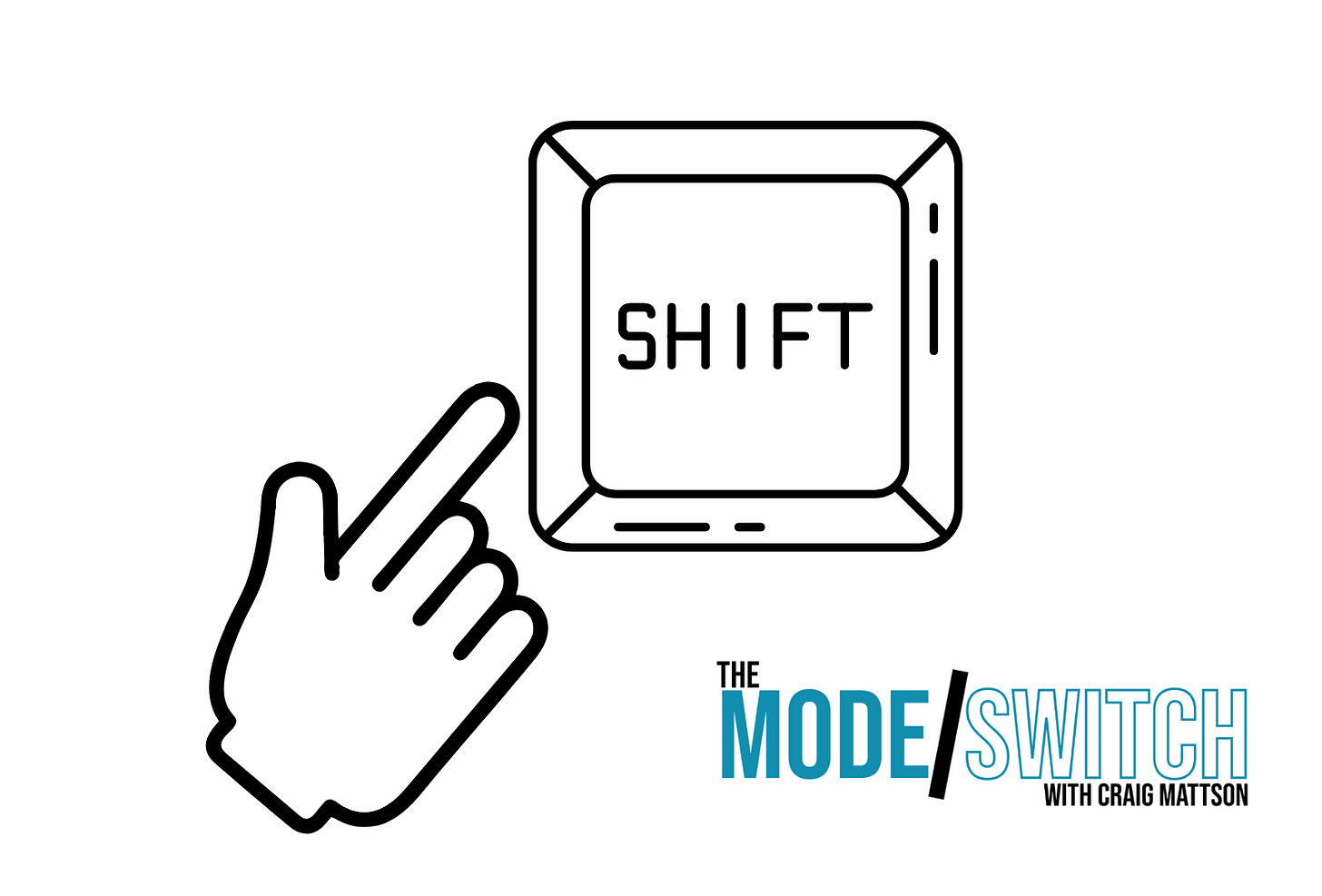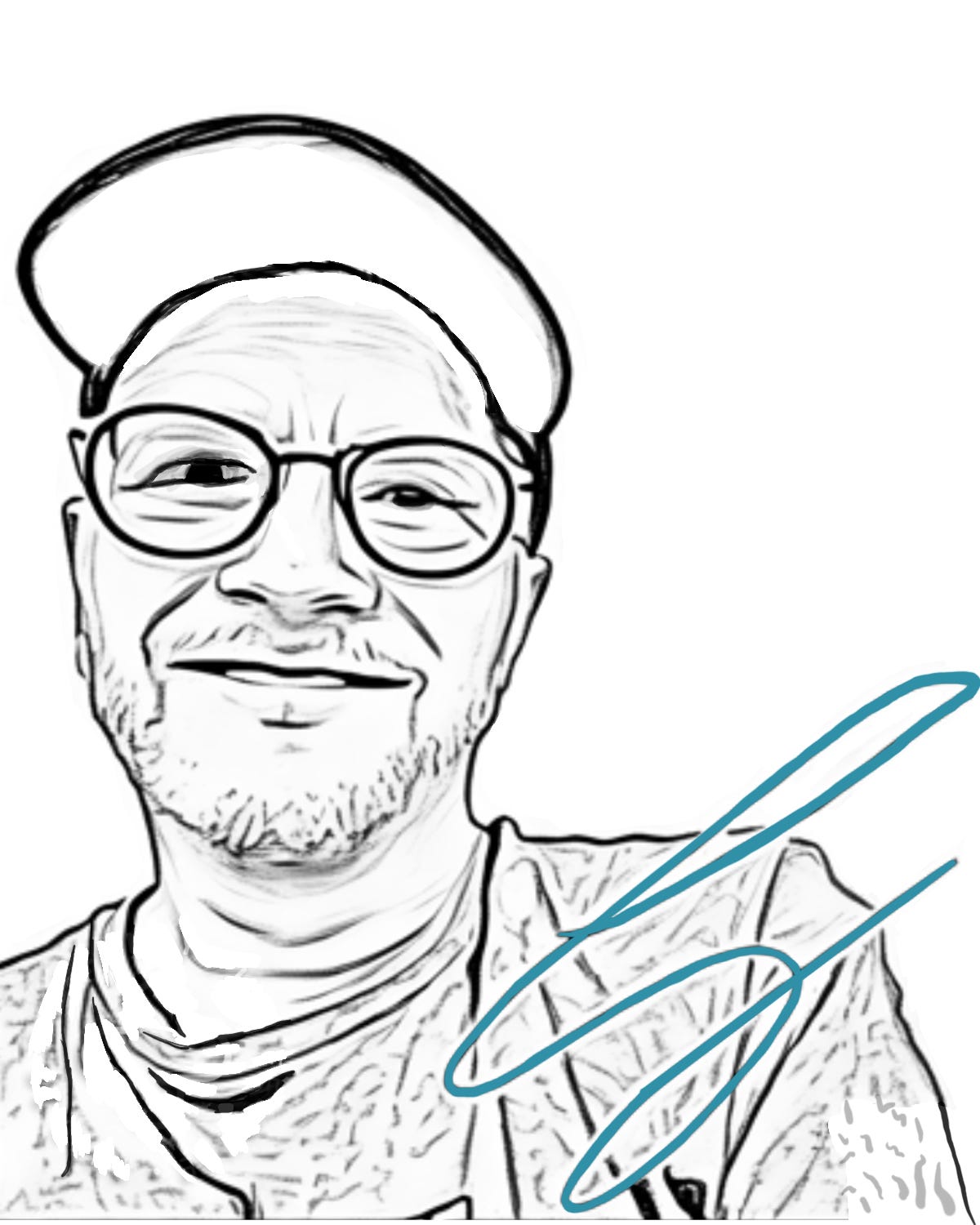Is Your Career Making Sense?
You used to have a vision for what your work would be like. But these days, maybe, you feel dissonance between the work you do and the work you'd dreamed of. Here's how to begin healing that.
Jill Hammerstein’s jobs across her quarterlife professional experience have ranged from corporate to nonprofit to social enterprise and now—the startup space. She likes to joke that, by Job #4, she knew just how messed up everybody feels.
You can read more about Jill in my recently released book Digital Overwhelm. But in one of our more recent interviews, I was struck by the fatigue in her usually madcap manner. She’s feeling a gap between what she’d hoped and what the job’s actually like.
In her case, sexism and disregard widen that gap. In your case, it might be something else. But everybody, at some point or another, wonders if their career makes sense.
Jill’s story makes me want to talk about vocational dissonance this week. As usual, you’ll find a trend, a study, a tale, and a mode/switch.
Thanks for reading! I appreciate you.
Trend:
The Great Resignation provoked a lot of people—about 4 million a month—to switch jobs. Mostly a good thing, right? People were taking charge of their career narratives.
But recently, we’ve had to invent a term for the surprise that every new job inevitably presses upon. You take a new job, you switch positions, you get a promotion—and you find out that conditions are very different than advertised.
Two roads diverged in a wood, and you took the one less traveled by. Good for you. But now you’re wondering, did I take the wrong turn? Probably not.
But you are experiencing shift shock.
Study:
According to a 1000-worker survey conducted by Muse reported on the HR Platform Namely, “an astounding 72 percent of respondents in those generations said that they’ve regretted accepting a new role after starting it—even those who considered the role to be their ‘dream job’.”
Some shift shock may be due to something like what a Georgetown study refers to as the Great Misalignment. That study notes that the gap between the number of jobs requiring “middle skills” and the educational programs generating workers with those skills. You might suffer a different sort of misalignment, say between what your grad program taught you and what your job expects of you.
The point is, shift shock a big social media trend these days. It’s not a fun experience.
Tale:
Ben Hoekstra runs a small consulting firm as a side hustle. Once, at a fundraising gala, he mentioned the passion project to a gala-goer. She responded that, hey, she knew a guy who needed help. Ben was quietly ecstatic: at that point in his career, he desperately needed clients to build out his body of work. But as he made arrangements for the initial consult, he was puzzled about one thing:
Nobody would say what it was that this company exactly did. When Ben finally asked that blunt and slightly embarrassing question, he learned that the organization was a payday loan company.
I imagine Ben inhaling slowly. He knew the research. He knew payday loan companies can be bad for all kinds of customers. And now he was marketing for just that sort of company?
Fortunately, his story has a happy ending, which you can read about here in the book from which this story’s been taken and adapted.
But the tale also raises a question: what do you do when your job surprises you, and not in a good way?
Let’s make a mode/switch from shift shock to—something else.
Switch:
Lately, I’ve been telling everybody to read my friend Bonnie Miller-McLemore’s new book Follow Your Bliss and Other Lies about Calling. Each chapter of the book discusses a different way that jobs and careers surprise. Her first chapter, for example, discusses “missed callings,” that disconcerting sense that the career path you took has kept you from other just-as-good (or better?) paths. Bonnie notes, “Our culture places so much weight on individual choice, and some people even reduce calling to a personal decision when, in all reality, all callings are shaped and even determined by forces outside ourselves….” (39). The book goes on to discuss all the tensioned ways we experience our work: Blocked Callings, Conflicted Callings, Fractured Callings, Unexpected Callings. (I’m telling you, this book is gold.)
The mode/switch that Bonnie makes possible for her readers is a move from shift shock to belief release. The good thing about work disappointment is that it does us the service of showing what you actually believe. Sometimes it’s a relief to shed beliefs. If you’ve been burdened by the belief that somehow you are the Powerful Agent Who’s Made Everything Happen, well, I have good news. You can let that go.
The problem with the term “mode/switch” is that it can imply an easy change. But mode/switches require practice. Here’s one for you to try out:
Assign yourself a cameo in the story of your work and life. Don’t get locked into thinking you’re the Ethan Hunt for every mission impossible you’re living through. Your ego likes to be the protagonist. But humility is more realistic. And restful.
When people ask “how work’s going these days,” be a wildly creative screenwriter for your own job history. Push forward all the other characters who’ve played a role in who you are are and what you do. You’ll be surprised and instructed.









